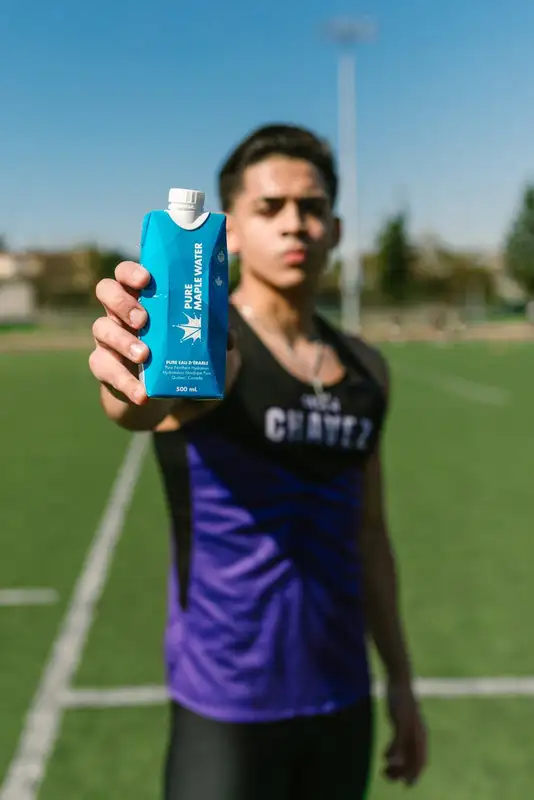For young athletes striving for excellence, proper nutrition is essential, often more so than for their adult counterparts. During the critical growth phase of adolescence, the body demands increased energy, proteins, and carbohydrates, especially for those involved in sports. This heightened nutritional need underscores the importance of a well-rounded diet for young athletes.
Christopher Ina, M.A., who serves as the athletic training coordinator at Wake Forest Baptist Medical Center, highlights the significance of a balanced diet, hydration, and sufficient sleep for high school athletes. He warns, “Without these essentials, their bodies will lag behind, hindering their performance.”
Ina’s responsibilities include overseeing athletic training services and managing a program that provides certified athletic trainers to 12 public high schools. His focus extends beyond injury treatment to injury prevention, where nutrition plays a pivotal role.
The Importance of a Balanced Diet
A nutritious diet that includes a variety of fruits, vegetables, nuts, whole grains, low-fat dairy, lean meats, poultry, and fish is recommended for everyone. However, for young athletes, meal timing is equally critical. “Timing is a major aspect of sports nutrition,” Ina states, emphasizing the need for athletes to know when to eat different foods to enhance digestion and nutrient absorption.
Nutrition Before Competition
Carbohydrate loading the night before a competition can be advantageous for athletes. On the day of the event, meal timing should align with the competition schedule. “If a game is scheduled for the morning, breakfast becomes crucial,” Ina advises. For afternoon events, a hearty breakfast followed by a balanced meal a few hours prior to the game, along with a light snack closer to performance time, is recommended.
Weight Management Through Nutrition
For many sports, maintaining an optimal “playing weight” is vital. While some athletes may resort to unhealthy practices to adjust their weight, Ina advocates for achieving this through sound nutrition. “It’s all about calories in versus calories out,” he explains, recommending lean proteins for those looking to lose weight and increased carbohydrates for those aiming to gain.
Promoting Healthy Lifestyle Choices
Encouraging young athletes to embrace healthier habits is often easier than expected. Many are driven by the desire for college scholarships and enhancing their performance. “Fundamental practices like proper nutrition, hydration, and adequate sleep can significantly improve their game,” Ina emphasizes.
The Role of Family Support
Family support is crucial for young athletes in maintaining a healthy diet, though it can be challenging due to existing family eating habits and budget limitations. Ina recommends involving young athletes in grocery shopping to help them select nutritious options that are budget-friendly.
While promoting healthy eating, Ina acknowledges that young athletes need not completely eliminate treats such as pizza and cheeseburgers from their diets. “Moderation is key,” he asserts, allowing for occasional indulgences after games to maintain a balanced approach to nutrition.
